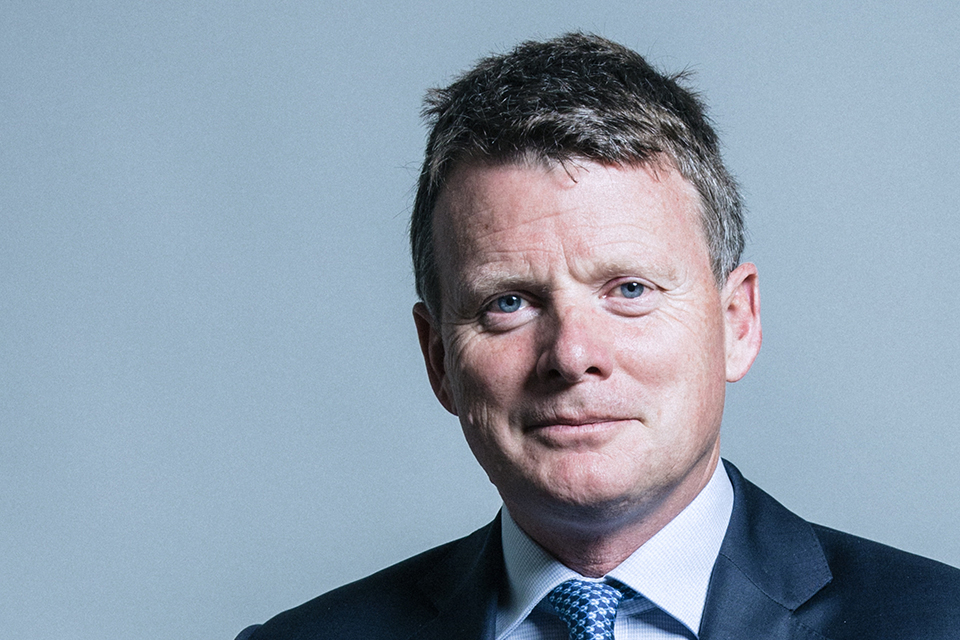4th International Small Island Developing States Conference: UK statement
Lord Benyon, Minister of State for Climate, Environment and Energy, gave the UK's national statement at the Small Island Developing States (SIDS) Conference.

Thank you, Prime Minister Browne, Secretary-General Guterres and your teams, for bringing us together on this beautiful island.
Before I say anything else, I just want to recognise the terrible loss of life from the landslide in Papua New Guinea. We remain with the Government of Papua New Guinea and all those affected in this terrible event. It focuses our mind on what we’re here to do.
Formally, SIDS’ unique position has been acknowledged for decades. And I’d like to take this opportunity of recognising the presence here in some numbers, representatives of the United Kingdom’s Overseas Territories, many of whom are SIDS and deserve to be considered as part of the solutions we find.
While formally SIDS’ unique position has been acknowledged, we’re yet to see the way forward for you, and we need to hear you speak up, as you are doing very forcefully at this event – persistently and powerfully – to make sure the world really understands what it means to see things from your perspective.
So, it is up to all of us to make a sincere effort to do so – and then to take action.
For our part, the United Kingdom is helping Antigua to host this conference, and Samoa to host the Commonwealth Heads of State and Government meeting later this year.
We’re working hard to make sure the support we offer SIDS takes your specific needs into account – and that we work in partnership with you in addressing them.
And for all of us, we should be asking ourselves 3 vital questions, to check whether we have been listening.
First, do our systems reflect the unique circumstances of SIDS?
Prime Minister Browne, Prime Minister Fiame Mata’afa and the UK team have showcased the work that we have led with SIDS and the OECD’s Development Assistance Committee. Crucially, it includes an agreement to look into how vulnerability could be integrated into the OECD’s DAC ODA policy and processes, including on graduation.
I know the current system creates real problems for SIDS. And frankly, the way we do aid does not work for some of the world’s most vulnerable, and that’s something that’s inherently wrong with the system.
Second, are we offering enough funding?
Last year, Britain announced an additional £1.6 billion for the Green Climate Fund. That’s our biggest single aid commitment to help tackle climate change.
Earlier this month, we announced that £25 million of our new support for Antimicrobial Resistance will be for work in the Caribbean region. And last week, our Foreign Secretary pledged a further £200 million to build on our landmark Caribbean Infrastructure Fund.
And we continue to press international financial institutions to stretch their balance sheets, so the aid that we and other donors give to them goes as far as it can – and has a real impact when it gets there.
The final test is the most important: can SIDS actually access the money?
Over the years, so many of you have said “we keep hearing announcements about green finance, but it seems so hard to get hold of it.”
We are using our programme funding to boost technical assistance to SIDS. And we want to make sure all of you can harness expertise, to get the cash you need from the international finance system, and spend it effectively – be that cleaning up marine pollution, or making infrastructure better to withstand a cyclone.
I hope you sense that the UK is listening, and that we are taking action.
Together, we can support the communities, the biodiversity, the incredible natural beauty of the islands around the world – and it is going to take all of us to see this through.
Thank you very much.